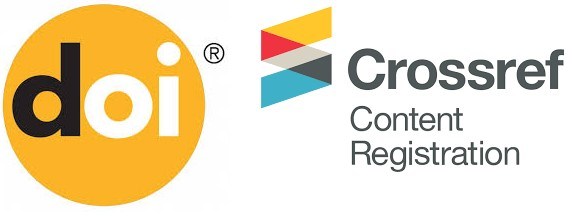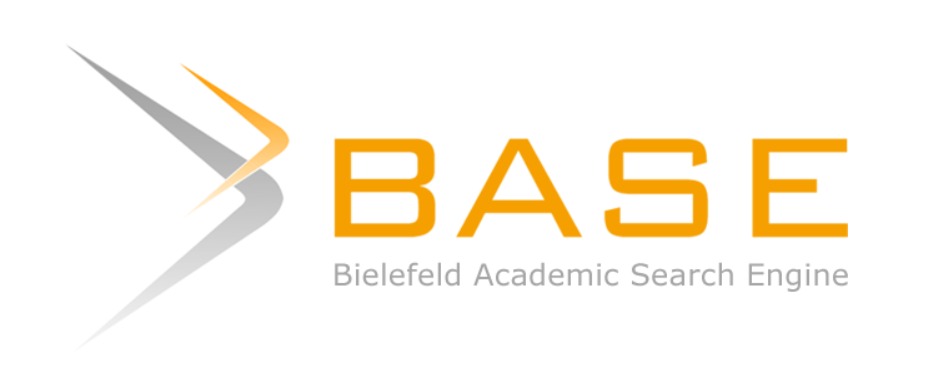Cadre Assistance in Disseminating Disaster Mitigation in the Assalafi Al-Fithrah Islamic Boarding School Surabaya
DOI:
https://doi.org/10.33086/jhcs.v2i3.3590Keywords:
Cadre Assistance, Mitigation, Disasters, Islamic Boarding SchoolAbstract
The Covid-19 pandemic, which began to hit the world in 2020, has increased human awareness regarding the importance of paying attention to aspects of their health. Disaster mitigation is a strategy or effort to minimize the impact when a disaster occurs, both natural and social disasters that may occur in the future. Delivery of disaster
mitigation activities can be carried out in various ways, including through education, counseling, and training, both conventional and modern. Knowledge related to disaster mitigation should be given to the community starting from basic education. According to the above background, we realize that it is very important to develop awareness and
pursuit of disaster preparedness in Islamic boarding schools as soon as possible. This community service activity program has been held at the Assalafi Al-Fithrah Islamic Boarding School in Surabaya which was held on May 21-22 2022 This community service activity is carried out offline with the method of presentation, discussion and
question and answer, and training. The research was conducted using a quasi-experimental design with a pre-test and post-test approach. The participants for this community service activity are students from the Assalafi Al-Fithrah Islamic boarding school, Surabaya. Results: The results of the pretest and posttest questionnaires showed
that there were differences before and after socialization with a P value of <0.05. This shows that good knowledge makes participants apply health protocols well. Dissemination of disaster mitigation socialization has a good impact and shows significant results on the results of the pretest and post-test
Downloads
References
Benali, N., Abdelkafi, I., & Feki, R. (2018). Natural-disaster shocks and government’s behavior: Evidence from middle-income countries. International Journal of Disaster Risk Reduction, 27, 1–6. DOI: https://doi.org/10.1016/j.ijdrr.2016.12.014
Fahlevi, H., Indriani, M., & Oktari, R. S. (2019). Is the Indonesian disaster response budget correlated with disaster risk? Jàmbá: Journal of Disaster Risk Studies, 11(1), 1–9. DOI: https://doi.org/10.4102/jamba.v11i1.759
Indriasari, F. N. (2018). Pengaruh pemberian metode simulasi siaga bencana gempa bumi terhadap kesiapsiagaan anak di Yogyakarta. Jurnal Keperawatan Soedirman, 11(3), 199–206. DOI: https://doi.org/10.20884/1.jks.2016.11.3.700
Mitchell, T., Haynes, K., Hall, N., Choong, W., & Oven, K. (2008). The roles of children and youth in communicating disaster risk. Children Youth and Environments, 18(1), 254–279.
Mubarak, A. F., Amiruddin, R., & Gaus, S. (2019). The effectiveness of disaster prevention and mitigation training for the students in disaster prone areas. IOP Conference Series: Earth and Environmental Science, 235(1), 12055. DOI: https://doi.org/10.1088/1755-1315/235/1/012055
Noviana, E., Kurniaman, O., Munjiatun, S., & Nirmala, S. D. (2019). Why do primary school students need disaster mitigation knowledge?(Study of the use of Koase Comics in primary schools). Int J Sci Technol Res, 8(11), 216–221.
Pertiwi, A. K. (2018). Analisis Interaksi Simbolik Kyai dan Santri dalam Perspektif Kepemimpinan Berbasis Nilai dan Etika. JMSP (Jurnal Manajemen Dan Supervisi Pendidikan), 2(3), 185–191. DOI: https://doi.org/10.17977/um025v2i32018p185
Ulfa, Z. D., & Mikdar, U. Z. (2020). Dampak pandemi Covid-19 terhadap perilaku belajar, sosial dan kesehatan bagi mahasiswa FKIP Universitas Palangka Raya. JOSSAE (Journal of Sport Science and Education), 5(2), 124–138. DOI: https://doi.org/10.26740/jossae.v5n2.p124-138
UNISDR, U. (2005). Hyogo framework for action 2005–2015: Building the resilience of nations and communities to disasters. Extract from the Final Report of the World Conference on Disaster Reduction (A/CONF. 206/6), 380.
White, H., & Sabarwal, S. (2014). Quasi-experimental design and methods. Methodological Briefs:Impact Evaluation, 8(2014), 1–16.
Zurweni, Z., Kurniawan, D. A., Rivani, P. A., & Perdana, R. (2022). Gender Analysis From a Review of Middle School Students’ Attitudes and Self-efficacy. JPI (Jurnal Pendidikan Indonesia), 11(2). DOI: https://doi.org/10.23887/jpiundiksha.v11i2.36391
Downloads
Published
How to Cite
Issue
Section
License
Copyright (c) 2023 Irmawan Farindra, Bambang Edi Suwito, Satriya Wijaya, Ayrton Putra Maizoniarta, Nahwa Shofiul Aqilah, Yasmin Amini

This work is licensed under a Creative Commons Attribution-ShareAlike 4.0 International License.













